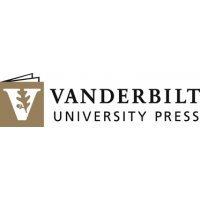Jehenson and Dunn explore the mythic utopian desires that drive Don Quixote and Sancho Panza in ""Don Quixote"". By tracing the discourses surrounding what they identify as a myth of abundance and a myth of ""simple wants"" throughout Spain and the rest of Europe at the time, Jehenson and Dunn are able to contextualize some of the stranger incidents in ""Don Quixote"", including Camacho's wedding. They bring to the forefront three aspects of the novel: the cultural and juridical background of ""Don Quixote's"" utopian program for reviving the original property-less condition of the Age of Gold; the importance for Sancho Panza of the myths of Cockaigne and Jauja; and the author's progressive skepticism about utopian programs.
Yvonne Jehenson is Professor Emerita of Comparative Literature and Literary and Cultural Studies at the University of Hartford, Connecticut, and the author of The Golden World of Pastoral: A Comparative Study of Sidney's New Arcadia and Honore d Urfe's ""L'Astree"" and Latin-American Women Writers: Class, Race, and Gender. Peter N. Dunn is the Hollis Professor of Romance Languages and Literatures, Emeritus, at Connecticut's Wesleyan University and the author of Castillo Solorzano and the Decline of the Spanish Novel, Fernando de Rojas, The Spanish Picaresque Novel, and Spanish Picaresque Fiction: A New Literary History.
| Illustrations | index, bibliography |
| Pages | 216 |
| Date Published | 30 Jul 2006 |
| Publisher | Vanderbilt University Press |
| Language | English |
| Dimensions | 231 x 216 x 21 |


